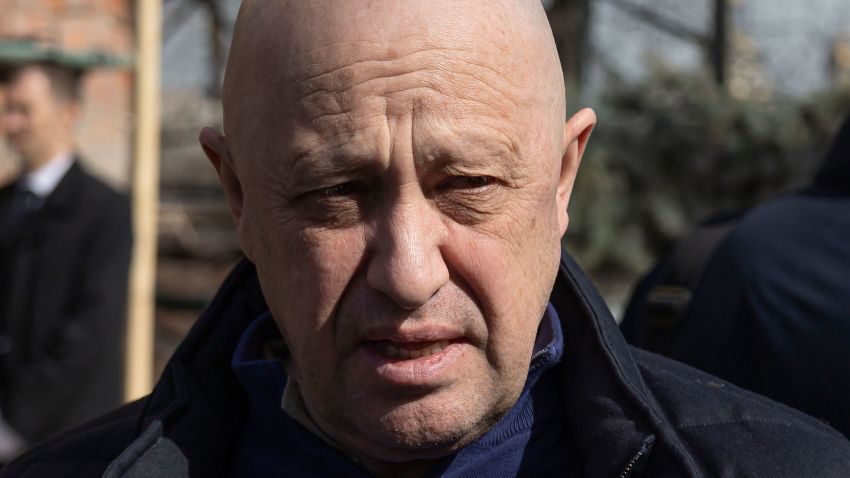As Russia faced a shocking rebellion, White House officials reached out to foreign and domestic oil producers about the dangerous situation unfolding in one of the world’s leading oil powers, a US official told CNN on Monday.
The conversations with oil producers were described as precautionary in nature. They occurred as other American officials were seeking more information about what was really happening inside Russia and attempting to assess the potential consequences, including on the global economy.
Wagner mercenary boss Yevgeny Prigozhin generated international concern over the weekend by capturing a Russian city and threatening to march all the way to Moscow.
On Monday, US President Joe Biden said he’d instructed members of his national security team to “prepare for a range of scenarios” as the would-be rebellion was underway.
Representatives from the White House, Energy Department and Treasury Department did not comment on the outreach to oil producers.
The shocking images raised the specter of a nightmare scenario for the US economy where instability derails Russian oil flows, sending gasoline prices skyrocketing just as inflation has cooled.
“Russia matters because it’s the world’s largest net oil exporter. Period,” said Bob McNally, a former senior energy official to President George W. Bush. “Revolutions in major oil countries are a huge deal. I’m sure that focused minds in the White House over the weekend.”
Potential impact: Russia exported 7.8 million barrels of oil and petroleum products per day in May, according to the International Energy Agency.
McNally, president of consulting firm Rapidan Energy Group, said chaos in Russia could theoretically shut down oil production or block export facilities. He recalled how Russia’s invasion of Ukraine early last year set off shockwaves in energy markets.
“When we thought we were going to lose Russia — just the thought of it — caused gasoline to go to $5 a gallon,” McNally said.
Investors breathed a sigh of relief as Prigozhin’s rebellion proved short-lived, with the Wagner boss turning around his march toward Moscow. After briefly climbing on the Russia news, US oil prices closed just 0.3% higher on Monday at $69.37 a barrel.
Helima Croft, a former CIA analyst who now heads global commodity strategy at RBC Capital Markets, told clients on Sunday that she understands the White House was “actively engaged” on Saturday in “reaching out to key foreign and domestic producers about contingency planning to keep the market well supplied if the crisis impacted Russian output.”
Croft said a “significant concern” was that Putin would declare martial law and prevent “workers from showing up to major loading ports and energy facilities” and therefore potentially halt “millions of barrels of exports.”
The former CIA analyst recalled how deep unrest in Libya shut down vast amounts of production in that OPEC nation last decade, sending oil prices surging. “There was a concurrent concern that critical pipelines could either be directly targeted or inadvertently damaged if the insurrection turned into a full-scale war,” Croft wrote in a note.
McNally said it is standard operating procedure for US energy officials to gather intel during crises like the one that unraveled in Russia. He noted that “checking with their sources in the industry while the world’s largest exporter is experiencing shocking instability is good business practice.”



